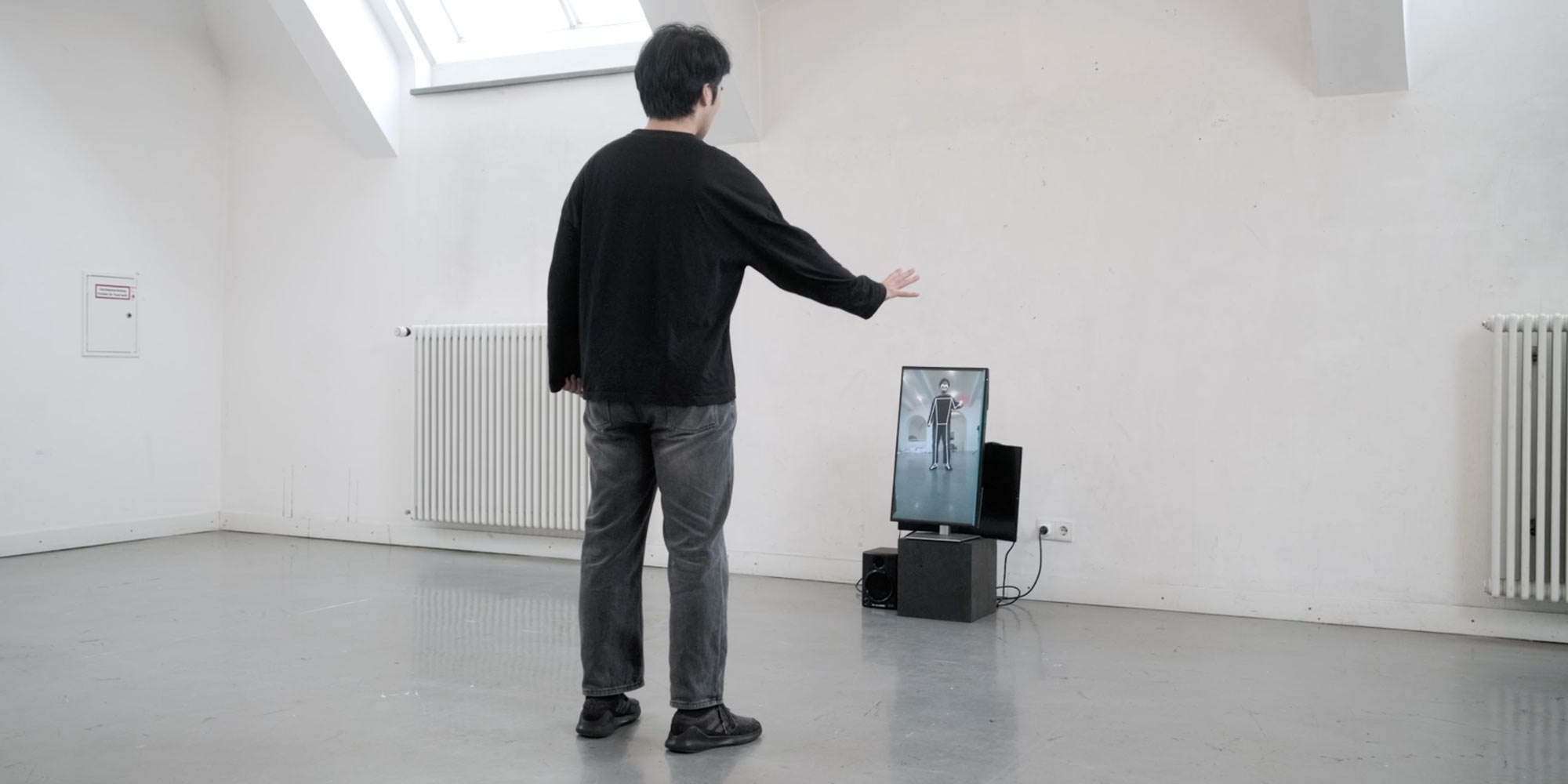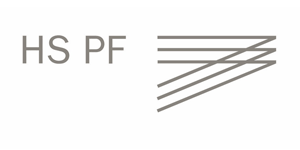In a time of profound upheaval, questions surrounding the role of humans in relation to intelligent machines come to the forefront: How do we respond to technologies that increasingly shape the way we work, live, and think? What does it mean to design in an era where the future is not only predicted but must be actively created?
The exhibition by Pforzheim University approaches these pressing issues with an open, interdisciplinary perspective. Students from different design disciplines come together to create a panorama of visions, prototypes, and narratives. Their works oscillate between critical reflection and speculative design, between societal discourse and creative intervention.
The exhibited projects offer new perspectives on the interplay between humans, machines, and the environment. They question existing systems, envision alternative futures, and create spaces for discussion, disruption, and inspiration. Rather than providing definitive answers, the exhibition invites us to activate and consciously shape our imagination.
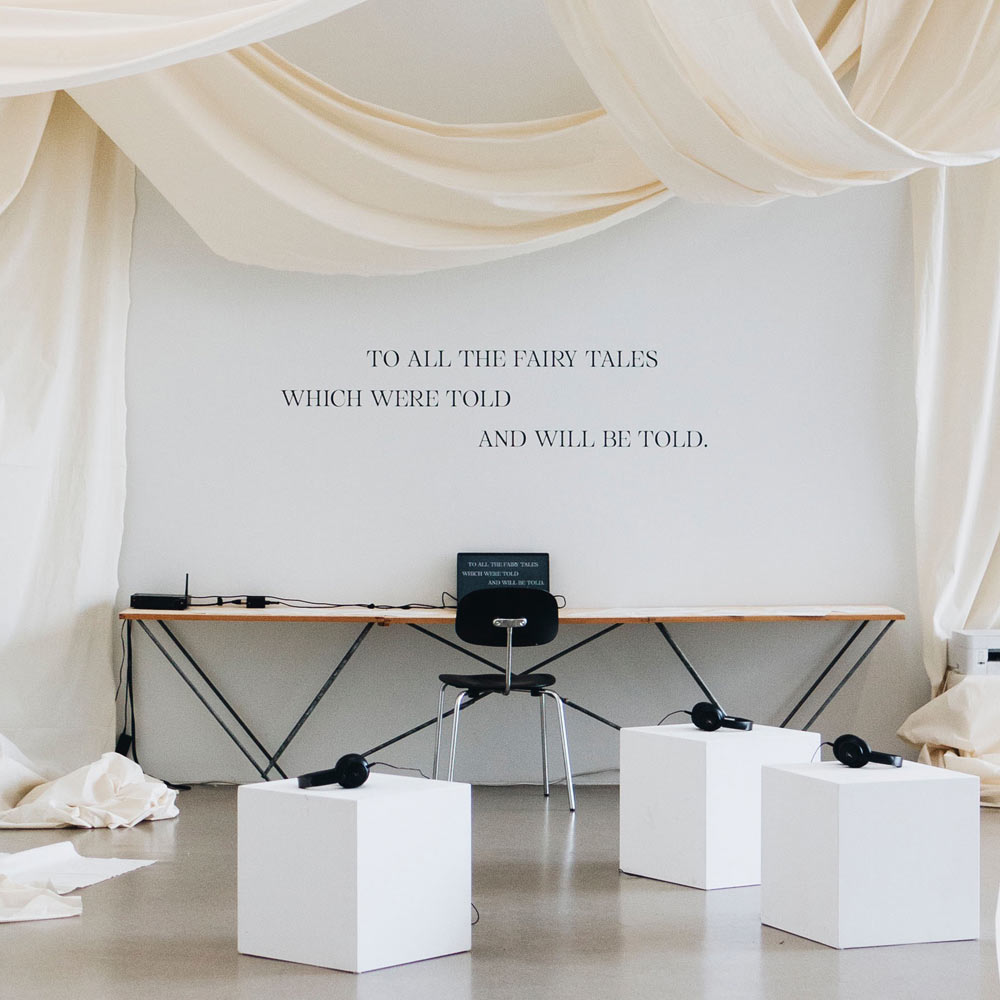
Future Narratives / airytales / School of Design, Pforzheim University - Photo: Meli Dikta
Exhibition
Future Narratives
School of Design, Pforzheim University (DE)
Ticket //
FREE / No Ticket
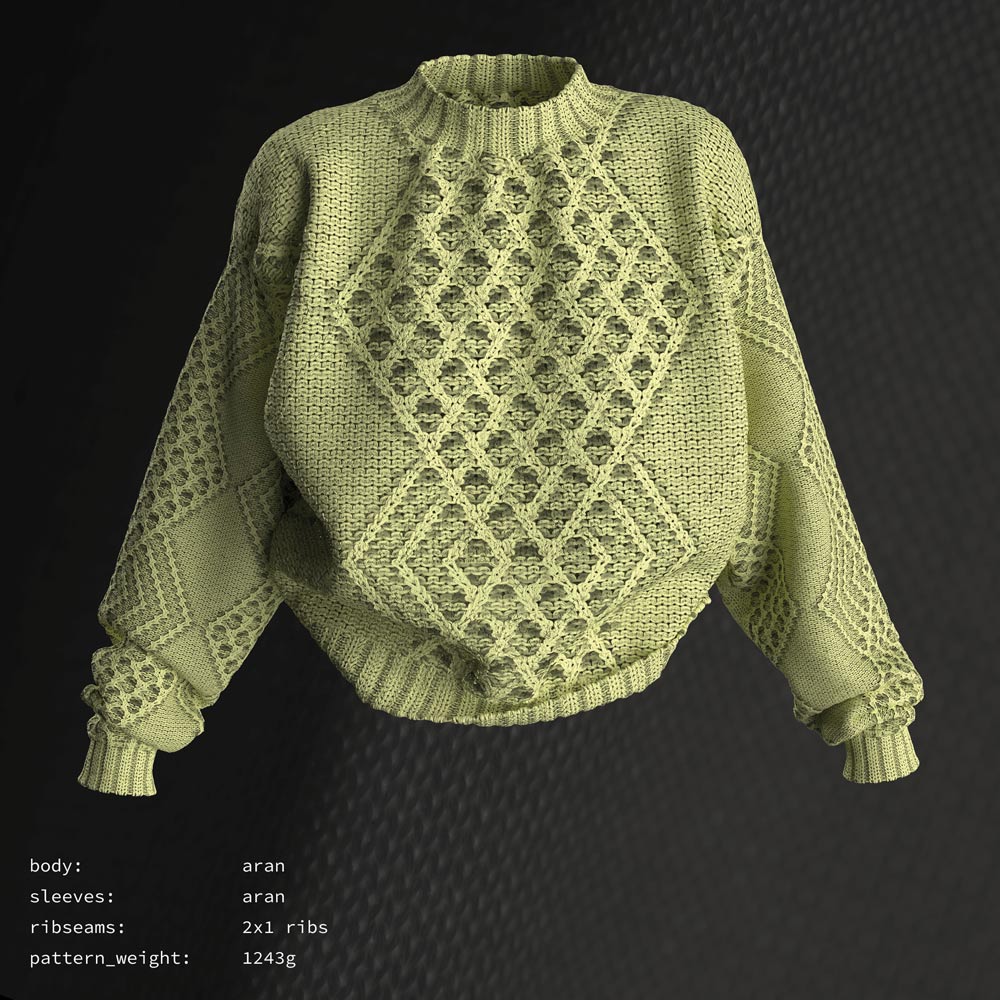
RESIDUUM
Clara Emmerling (DE)
RESIDUUM was developed in between design, textile technology, and generative programming. It is a a tool to generate patterns for flatbed knitting, while including the functionality of working with small quantities of deadstock material and informed decision making regarding the material consumption.
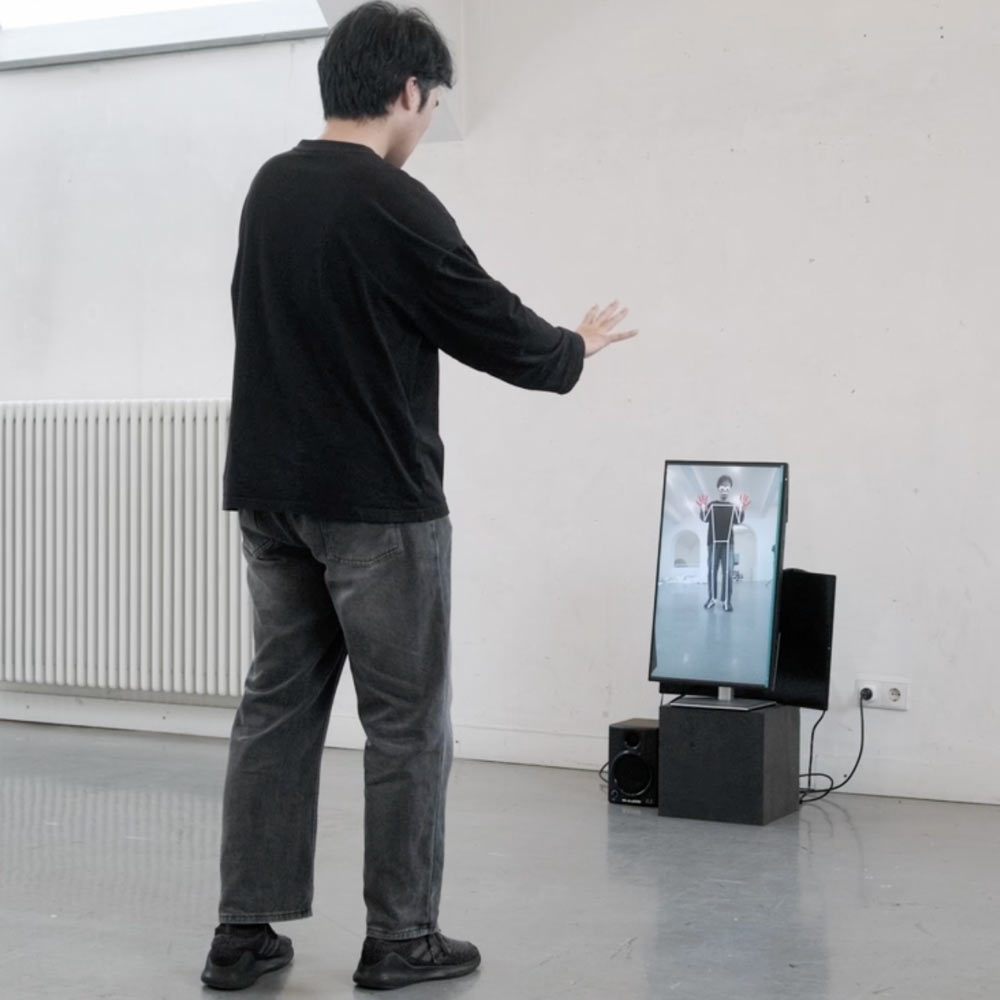
MUSIC IN MOTION
Fangbo Han (CN)
This project enables users to conduct music using body gestures. A camera and AI interpret movements to control tempo, volume, and instrumentation, offering real-time, intuitive interaction and allowing participants to shape sound through physical expression.
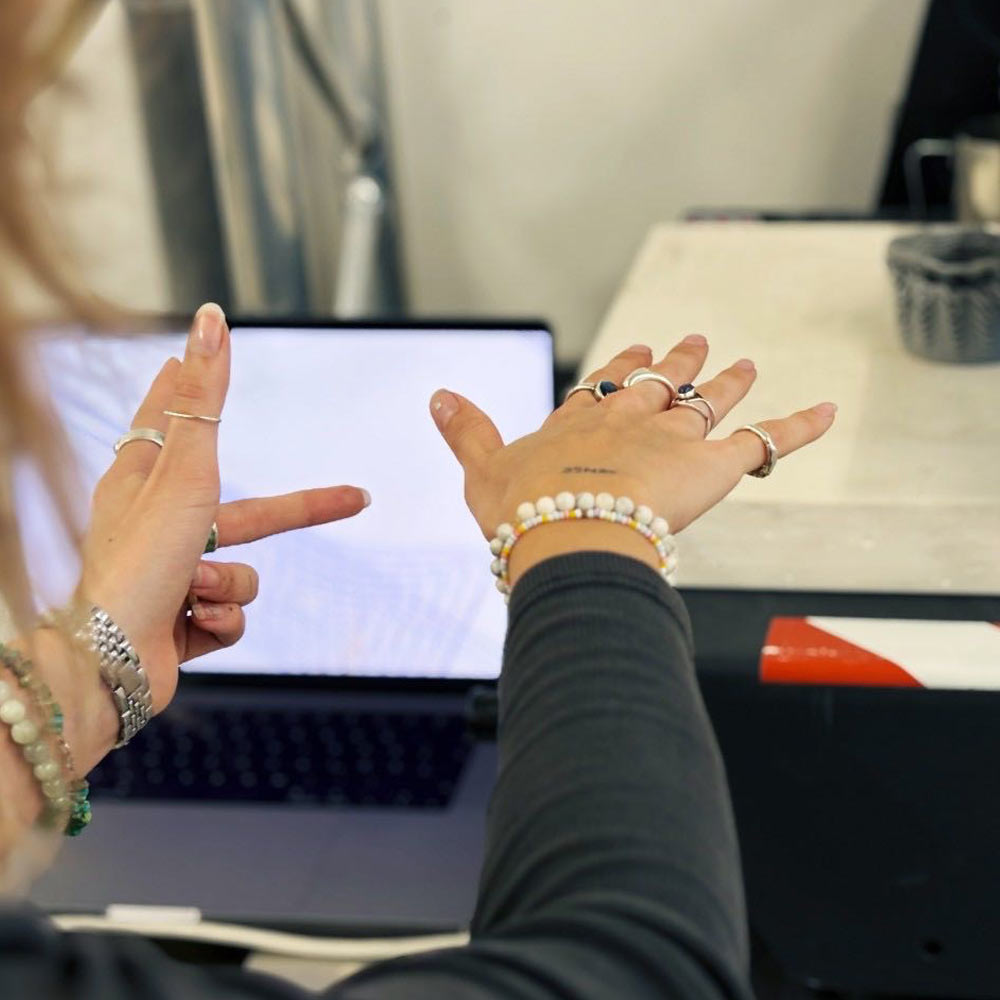
FROM GESTURE TO OBJECT: BRIDGING DIGITAL INTERACTION DESIGN AND PHYSICAL MAKING
Felicitas Ferch (DE)
This project presents a body-driven interface for digital fabrication. A clay 3D printer is controlled by intuitive hand gestures, removing the need for CAD or design software. The resulting forms are sculptural imprints of human motion—embodied sketches shaped by gesture in space.
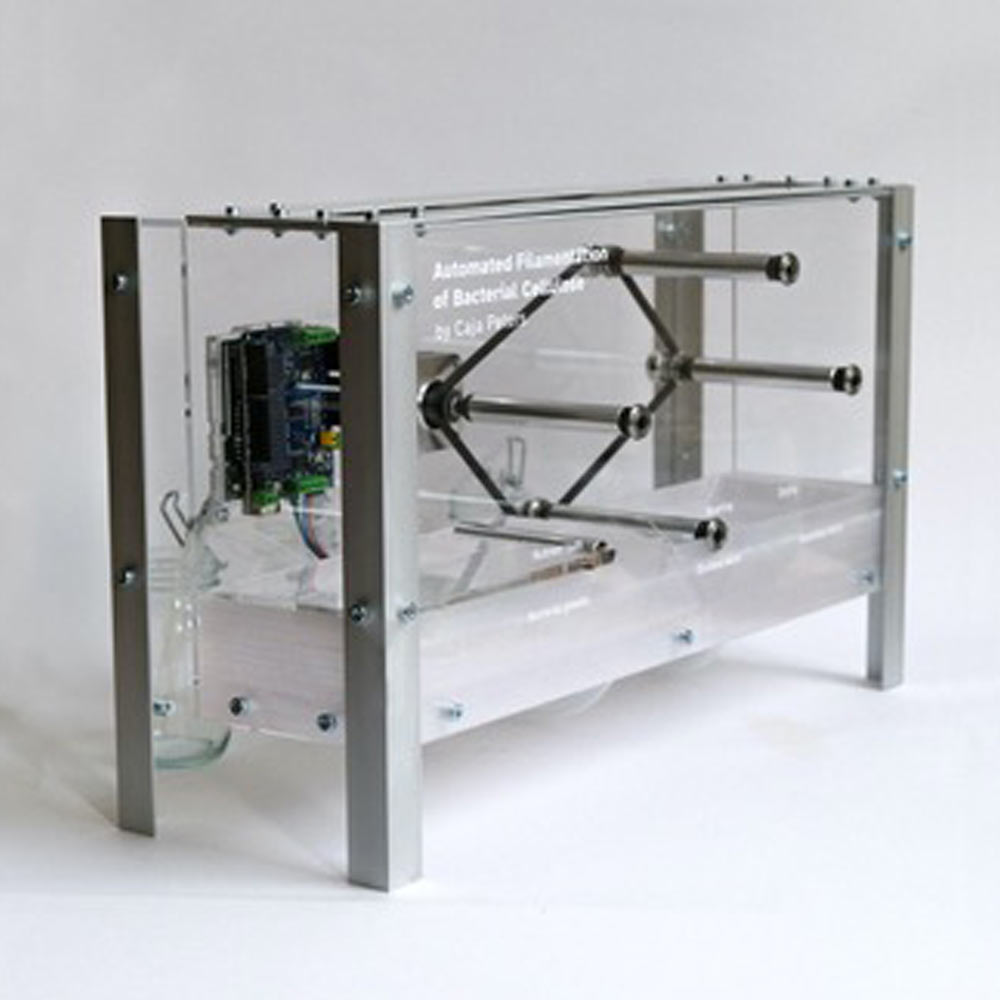
AUTOMATED FILAMENTATION OF BACTERIAL CELLULOSE
Caja Peters (DE)
This project presents an alternative method for the resource-intensive production of textiles through designed biofabrication. In an automated process, a yarn-like filament made from bacterially growing cellulose is fermented, harvested, washed, dried, and wound up.

TO ALL THE FAIRY TALES WHICH WERE TOLD AND WILL BE TOLD
Johanna Heilig (DE), Ann-Sophie Lutter (DE), Sanika Karandikar (DE), Arthur Hann (DE), Daniel Cruz (DE)
How do culturally embedded stories shape us, and what happens when an AI receives these stories as a database and continues to tell them? Fairy tales and legends from the northern Black Forest and Washington are integrated into our data sets and retold.
-
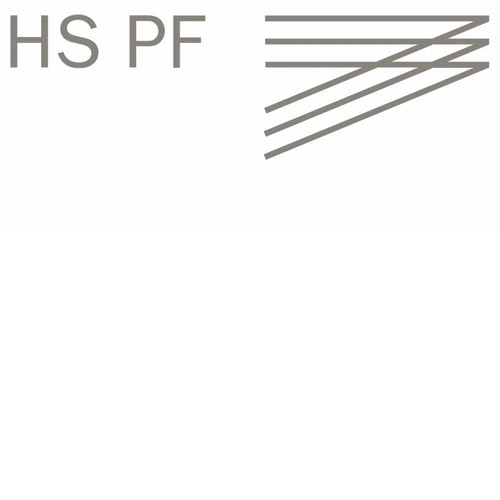
School of Design, Pforzheim University
The School of Design at Pforzheim University is one of Germany’s most established and renowned institutions for design education. It offers the country’s broadest range of design programs with distinctive Bachelor's and Master's degrees. Strong ties to industry, interdisciplinary approaches, and a solid artistic education foster creative growth. In numerous studios, workshops, and labs, students actively shape the future and explore new creative territories.
Credits
Curators: Prof. Dr.-Ing. Steffen Reichert, Dipl.-Des. Dagmar Korintenberg, Students: Clara Emmerling (HS PF), Felicitas Ferch (HS PF), Fangbo Han (HS PF), Johanna Heilig (HS PF), Sanika Karandikar (HS PF/ NID Ahmedabad), Ann-Sophie Lutter (HS PF), Caja Peters (HS PF), Daniel Cruz (HS HN), Arthur Hann (HS HN) Pforzheim University School of Design, Master of Arts in Design and Future Making, Bachelor in Industrial Design, Bachelor in Fashion, Bachelor in Visual Communication
